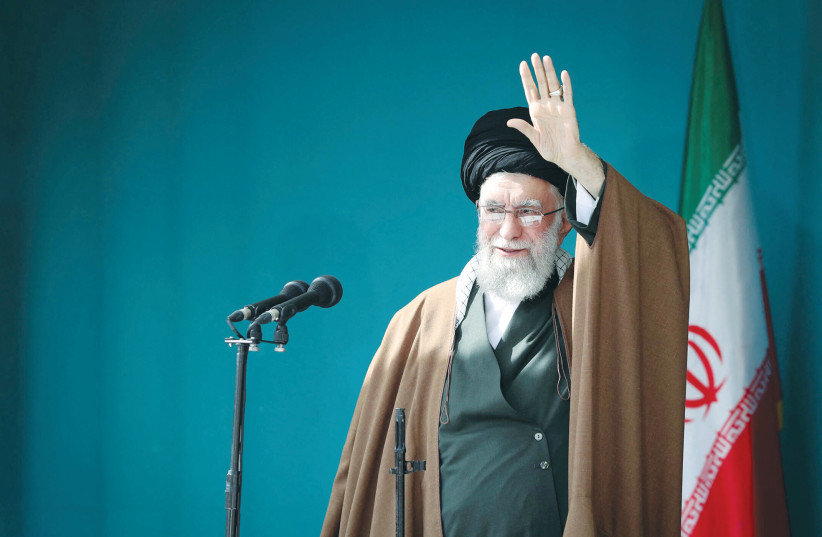Kianoosh Sanjari, an Iranian journalist and activist, committed suicide on Wednesday at the age of 42, stressing before he died that he would be doing it to protest the Islamic Republic’s “dictatorship” and the incarceration of four Iranian political prisoners.
It started early on Tuesday morning when Sanjari tweeted on his X/Twitter account: “I will be making a difficult decision, between life and death.”
Later, in the night between Tuesday and Wednesday, he made a post explaining his previous one, “If Fatemeh Sepehri, Nasrin Shakarami, Toomaj Salehi, and Arsham Rezaei are not released from prison by 7:00 p.m. today, Wednesday, and the news of their release is not published on the judiciary news site, I will end my life in protest against the dictatorship of Khamenei and his partners. Maybe it’s a flip! Long live Iran.” The tweet was circulated widely, with 1.8 million views and 18,000 likes.
In his tweet, Sanjari referred to four political prisoners currently incarcerated by the Islamic Republic regime: Fatemeh Sepehri, a women’s rights activist and political prisoner sentenced to prison in June 2024 for “supporting Israel” after denouncing Hamas’s October 7 massacre on social media; Nasrin Shakarami, mother of killed Woman, Life, Freedom protester Nika Shakarami, reportedly held in solitary confinement since her arrest in mid-October; Toomaj Salehi, a rapper who wrote protest songs and was sentenced to prison in July 2023 for participating in the 2022 protests; and Arsham Rezaei, an activist who was previously arrested for waging “propaganda against the regime” and “insulting leadership.”

Final words in an X post
When the time came, he proceeded to make two consecutive posts, one reading: “7 p.m., Hafez Bridge,” with a picture overlooking a crowded street, and a second one reading: “A promise means loyalty. No one should be imprisoned for expressing their opinions. Protest is the right of every Iranian citizen. My life will end after this tweet, but let’s not forget that I will die for the love of life, not death. I wish that one day, Iranians would wake up and overcome slavery. Long live Iran.”
Both tweets went viral with over 2.2 m. views, with many users imploring Sanjari to rethink his decision and refrain from committing the act, some attempting to explain that going back from an announced decision is a sign of strength, not weakness.
However, Sanjari took the leap and ended his life.
Following the suicide, an old 2019 video of Sanjari circulated online in which he attested to the Middle East Rights Center (MEHR Center) in Iran to having been arrested by the Islamic Republic regime ten times and having been in prison seven times since he was only 17.
In the video, he also recounted how his family lived under constant pressure due to his activism, not knowing where he was incarcerated or hospitalized.
This led to his leaving the country against his will in the late 2000s with asylum from Amnesty International, finally making it to the US through Norway.
During his time abroad, Sanjari was outspoken against the Islamic Republic regime. Then, in 2016, he returned to Iran due to his mother’s deteriorating health situation, but he was soon incarcerated again in Evin prison following a short interrogation, where he claimed to have experienced torture.
Three years later, he fell sick and was hospitalized against his will several times.
Eulogizing Sanjari
After Sanjari’s death, Persian-speaking outlets from outside Iran eulogized him, with some speakers bursting into tears on air while mentioning him.
Exiled Iranian leader Reza Pahlavi also posted a video eulogizing Sanjari and lamenting his loss, warning that other lives may also be lost due to the regime.
In the meantime, several anti-regime accounts attempted to claim that Sanjari had not committed suicide and accuse the regime itself of assassinating him or at least pressuring him to end his life.
Sanjari’s final words in the MEHR video were: “My only dream is to return to a free Iran, to an Iran where there is no torture and no prisons.”
